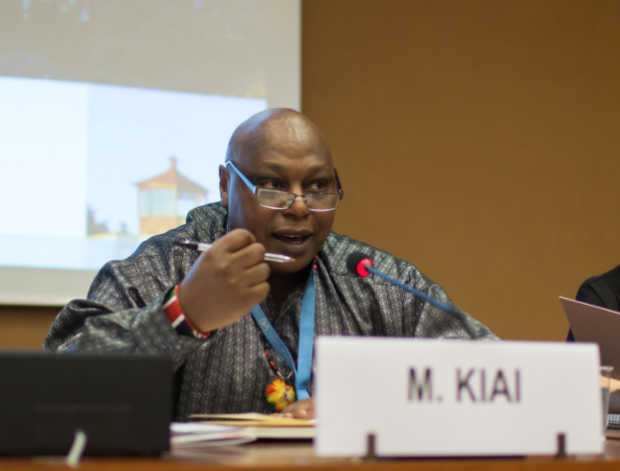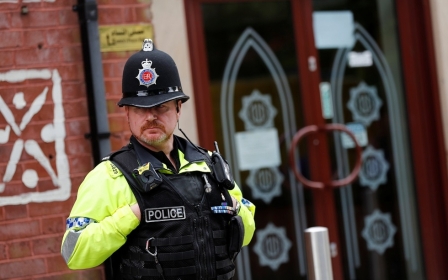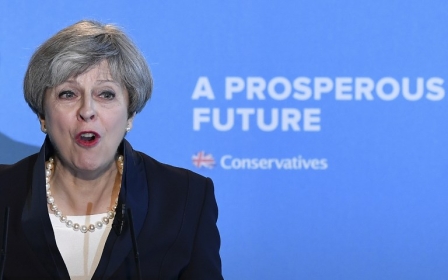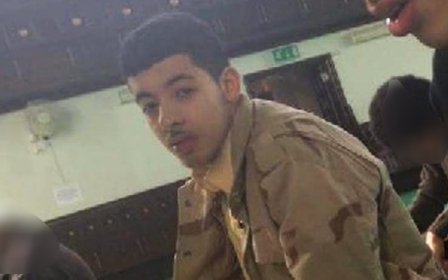UN investigator calls for independent review of 'divisive' Prevent
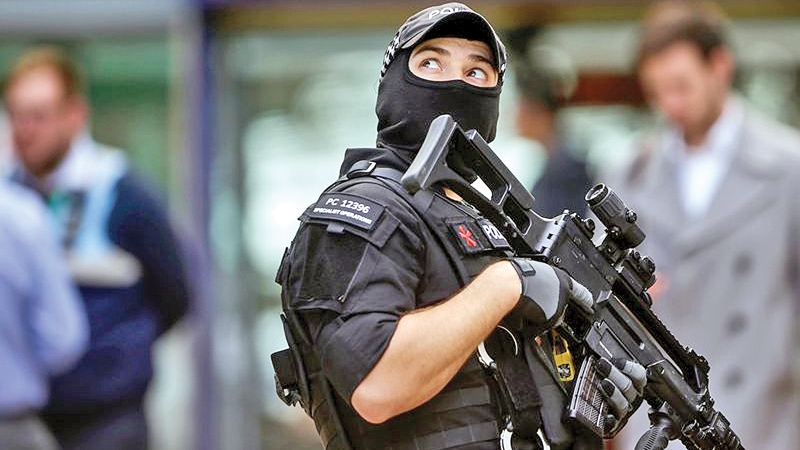
Britain's controversial Prevent strategy is "counter-productive", alienates of large segments of the UK population and must be reviewed in an independent investigation, according to a UN human rights report.
Maina Kiai, the UN special rapporteur on freedom of peaceful assembly, described the anti-radicalisation policy as "inherently flawed" and called for an urgent independent review into the strategy.
The calls for a review come in the run-up to the UK general election, where Prevent has come under renewed scrutiny following a suicide attack in Manchester, which killed 22 people.
Prevent could end up promoting extremism, rather than countering it
- Maina Kiai, UN special rapporteur
"It appears that Prevent is having the opposite of its intended effect: by dividing, stigmatising and alienating segments of the population, Prevent could end up promoting extremism, rather than countering it," Kiai said in his report.
The Kenyan lawyer lambasted the British government for its inability to define "non-violent extremism" and that the lack of definition had helped create an environment of "unease and uncertainty around what can legitimately be discussed in public".
His findings were reached after a three-day fact-finding mission last year, when he met UK government officials, activists and individuals affected by Prevent.
Kiai is the second senior UN expert to speak out about Prevent.
In a report in February, Ben Emmerson, the special rapporteur on the promotion and protection of human rights and fundamental freedoms while countering terrorism, said that teachers "should not be required to act as watchdogs or intelligence officers".
Prevent is simply not fit for purpose
- Adriana Edmeades, Rights Watch UK
Adriana Edmeades, the legal and policy director for Rights Watch UK, welcomed Kiai's report, describing Prevent as "simply not fit for purpose".
"We welcome the report and recommendations of the UN special rapporteur... who has added his voice to the growing call for an independent review."
"As a strategy that targets non-violent extremism, [it] raises very serious human rights concerns and is simply not fit for purpose," said Edmeades. "The message to the government is clear: they must establish an independent review without delay."
Existing calls for a review
Kiai's damning report rallied international support for existing calls by senior parliamentarians and the UK government's own former independent reviewer of terror legisaltion, David Anderson QC, for a review of the strategy.
Salman Abedi, who perpetrated the Manchester suicide bombing that killed 22 people, was not targeted by the Prevent programme, despite being on an MI5 watchlist.
This raised further questions about the effectiveness of the government's counter-extremism strategy after a Prevent coordinator told the Financial Times that Abedi had never been referred to it despite reports that members of the local community had spoken to the authorities about Abedi as someone of concern on several occasions since 2011.
Following the Manchester attacks, the Conservative Party reaffirmed its support for the strategy, and committed to giving it "extra resources".
The opposition Labour Party has called for an independent review, while the Liberal Democrats called for it to be abolished.
Prevent is a strand of the government's counter-terrorism strategy that aims to reduce the threat of attacks by stopping "vulnerable people from being drawn into terrorism and extremism".
More than 4,600 people including children of primary school age were referred into Channel, a Prevent-linked deradicalisation programme, in the first year after the introduction of the strategy in 2015.
Public sector workers including teachers and doctors are required to give "due regard to the need to prevent people from being drawn into terrorism”.
New MEE newsletter: Jerusalem Dispatch
Sign up to get the latest insights and analysis on Israel-Palestine, alongside Turkey Unpacked and other MEE newsletters
Middle East Eye delivers independent and unrivalled coverage and analysis of the Middle East, North Africa and beyond. To learn more about republishing this content and the associated fees, please fill out this form. More about MEE can be found here.


